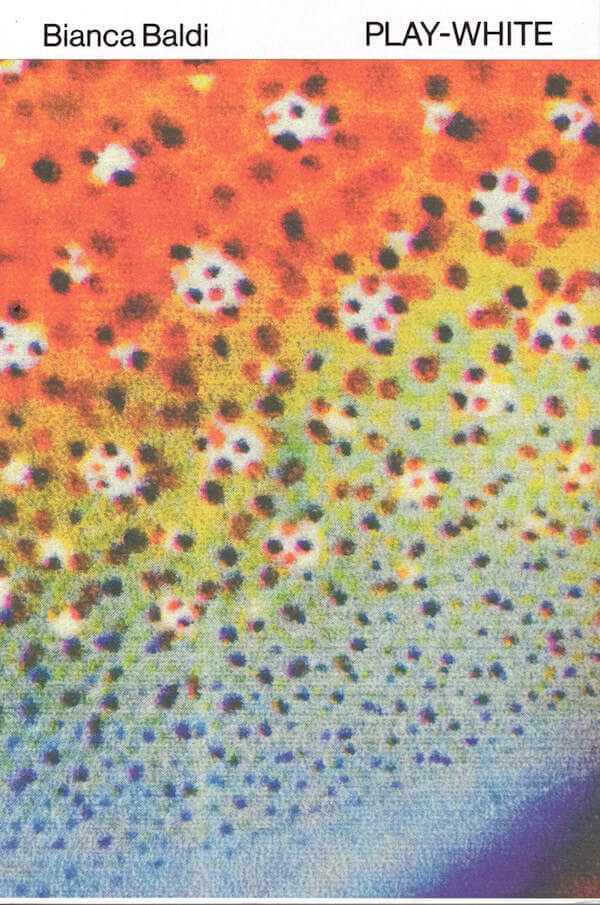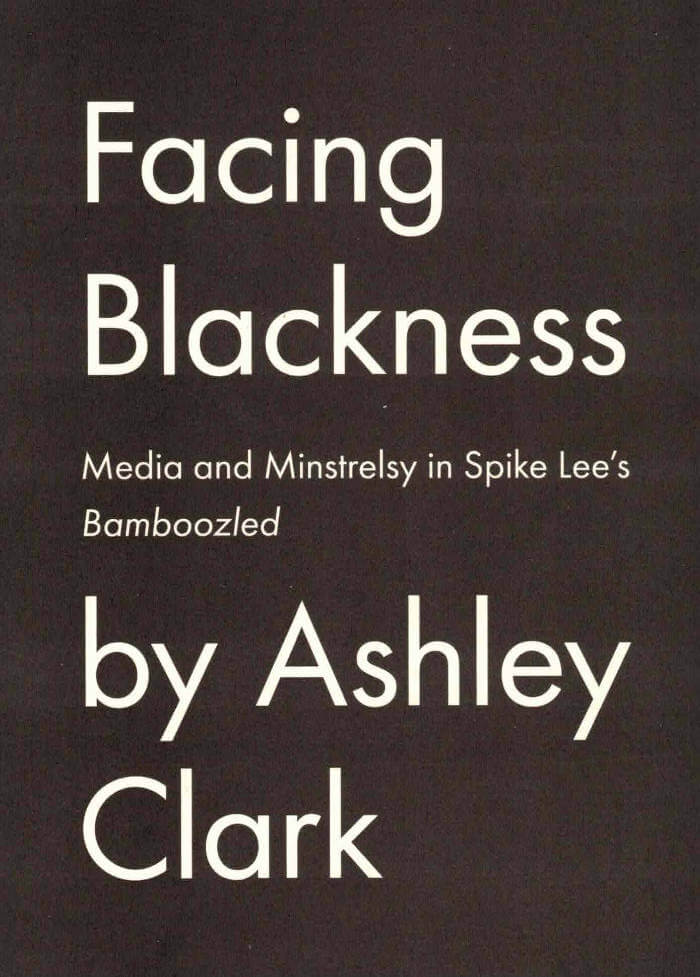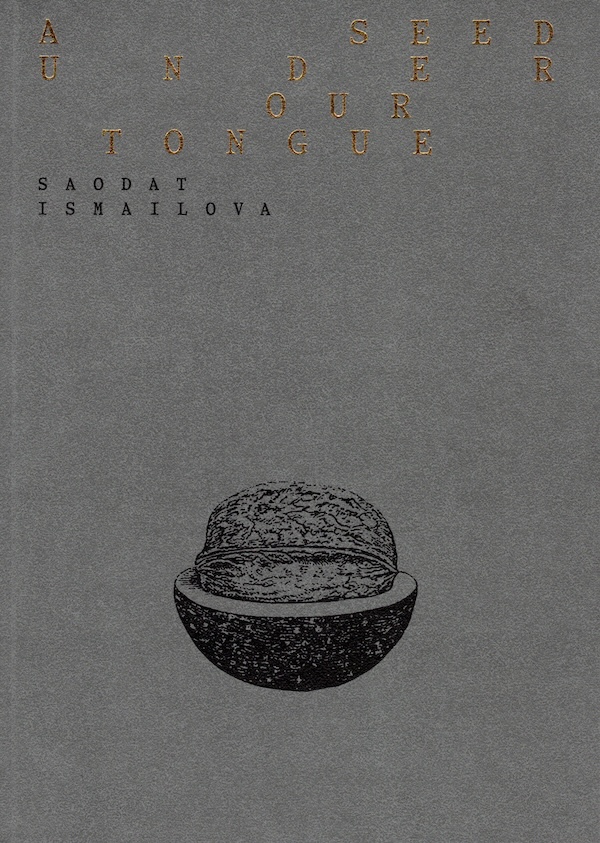An autobiographical documentary, a fiction that's also an essay and an extended poetic meditation on the ability of the image to represent experience. Sarah Turner's film is a ghost story that explores what we forget and how we remember. The stunning imagery comes solely from the window of the Trans-Siberian train, shot first in 1987-8 and then again in 2007-8. The re-enactment of the journey is a memory work, a re-enactment of the past in the present through the process of filming. But the return journey is haunted by the voices of two dead friends that dominate the soundscape of the 'archive' footage. The film culminates at the haunting expanse of Lake Baikal, the deepest lake in the world.
Perestroika: Reconstructed re-mixes and extends Perestroika, into two sequences. Sequence one constitutes the 2009 version of the film, whilst the second sequence constructs a new framing narrative that reinterprets and reconfigures both the imagery and the experience of the first. Part psycho-geography, part dream and part environmental allegory, both sequences of Perestroika : Reconstructed conclude at Lake Baikal, contrasting experiences of terror and apocalypse with those of beauty and tranquility, the one contaminating the other. In this uncanny return, form stages thee through twinning the instability of memory and re-enacting that within the projective experience of cinema. This extended work delves further into ideas of momentary truth, identity, and how an uncontaminated experience of landscape is literally and metaphorically something that only exists in memory.
Publication contains DVD of Perestroika, which was released theatrically, blu-ray of Perestroika:Reconstructed, first exhibited as a gallery installation at London's Carroll/Fletcher Gallery April-May 2013, and a booklet of three essays by Elizabeth Cowie, Sophie Mayer, and Paul Newland.







